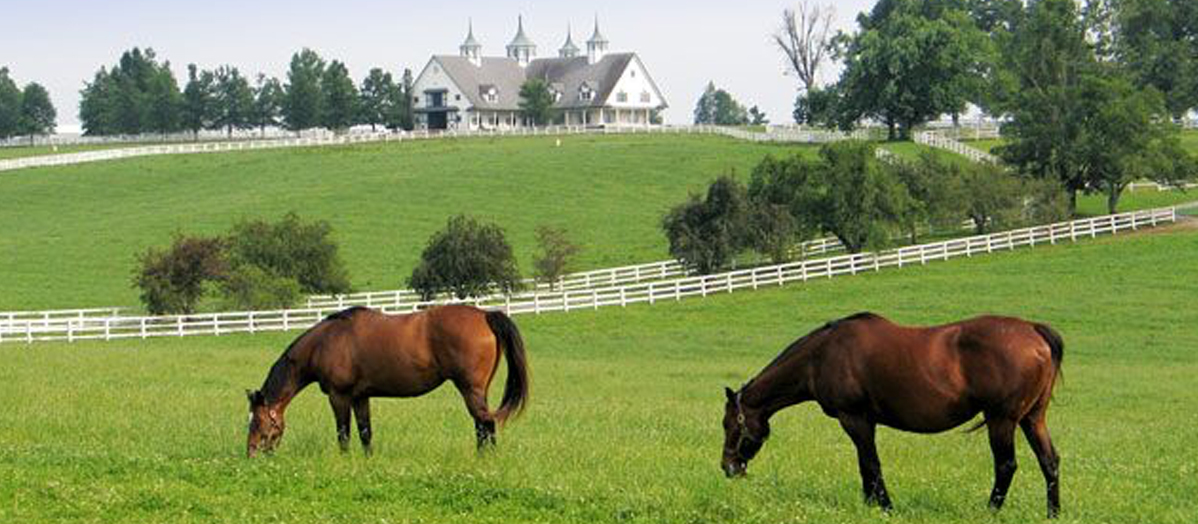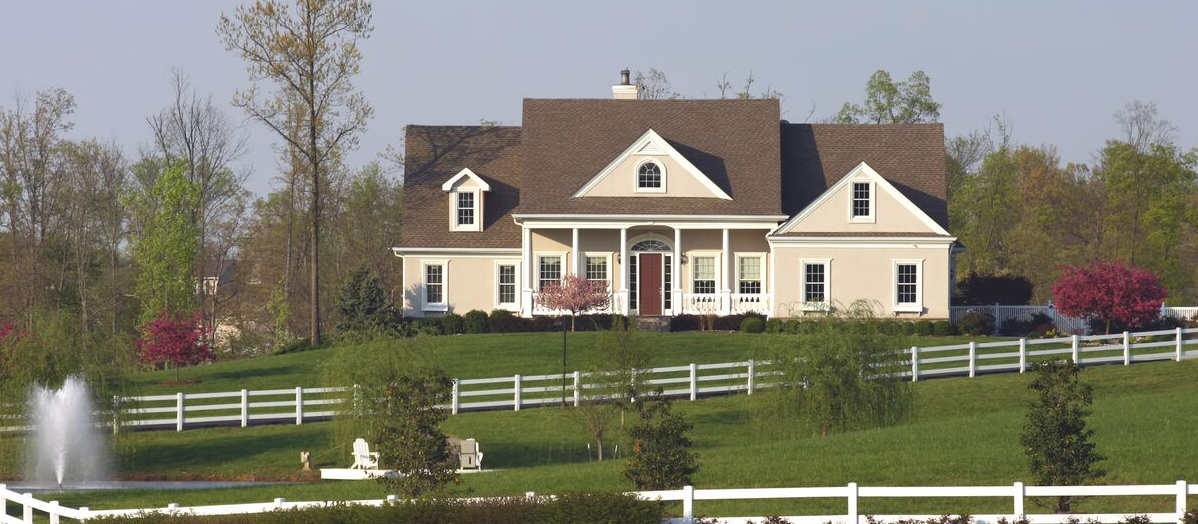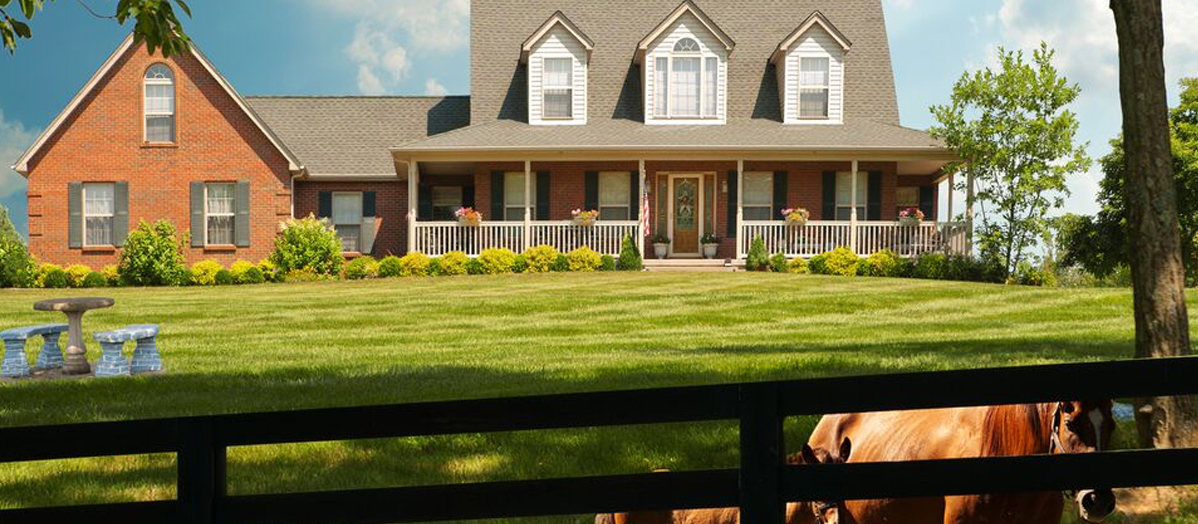365 Days in Horse Country – Lead-Line Class
August 25th, 2013
365
Days in Horse Country – Lead-Line Class
Horses aren’t just for teenage girls, cowboys, and
middle-aged women. Tiny tots enjoy
horses, too. The lead-line class, seen
in both English and Western shows, was created for young children who want to
be part of the action.
Lead-line classes feature a well-behaved horse or pony, all
decked out in her best show apparel.
Children ...







